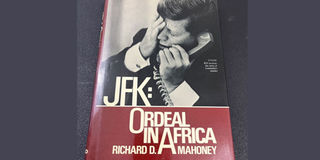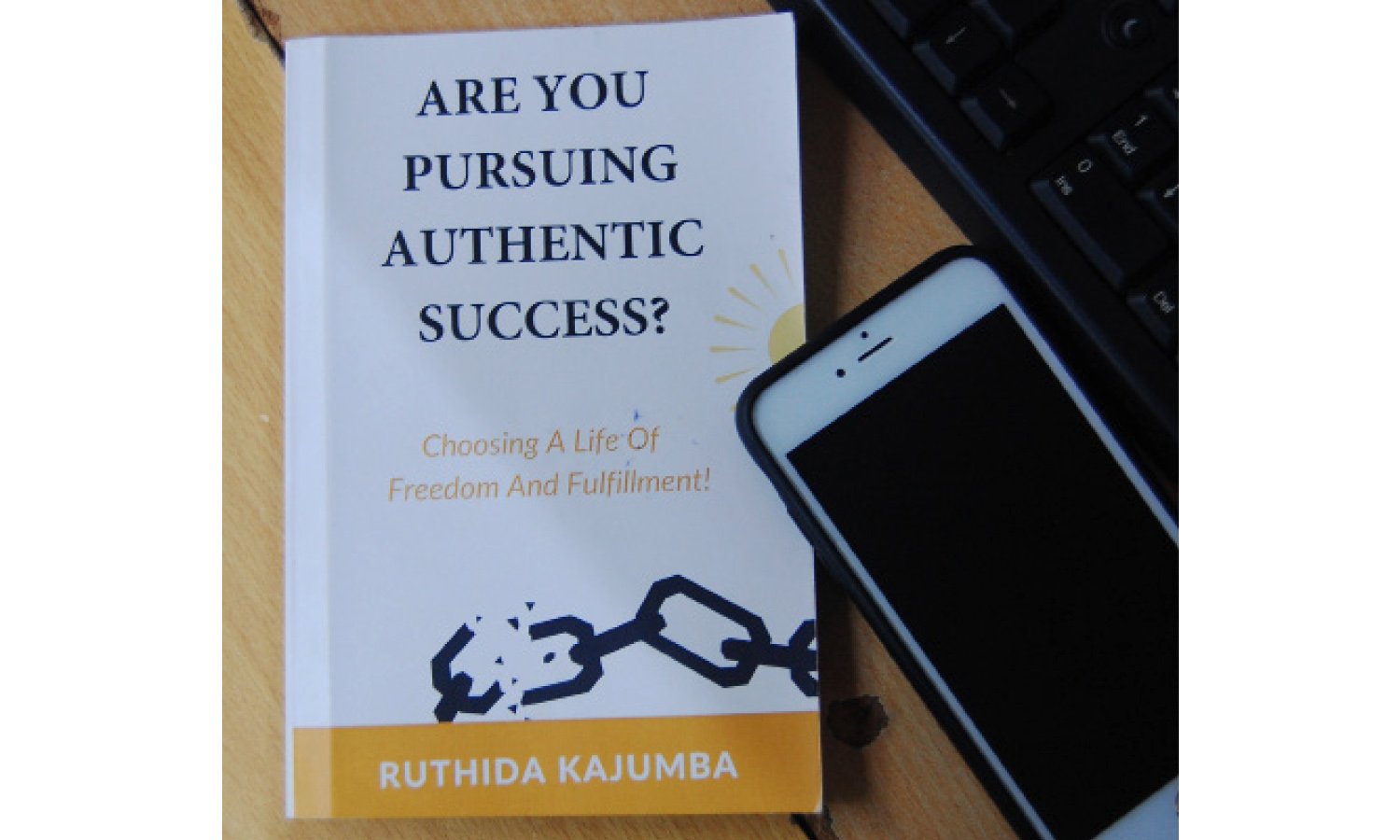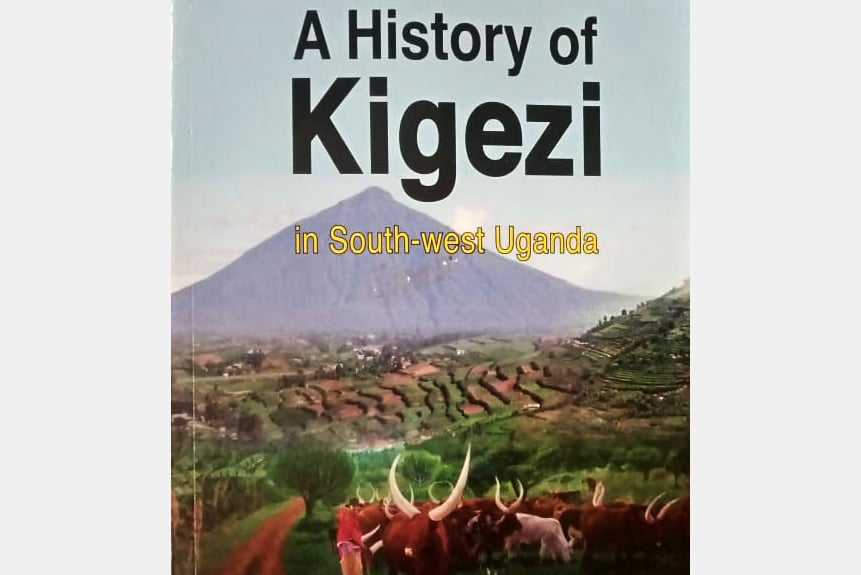Book tells of how JFK was ahead of his time

What you need to know:
During his congressional and senatorial years, specifically his 1957 speech on Algeria as senator, John Kennedy saw earlier than most that African nations were not pro-East or pro-West. Observing their non-aligned posture, Kennedy supported their independence and self-determination
Book Title: JFK: Ordeal in Africa
Author: Richard H Mahoney
Year of Publication: 1983
Pages: 352
Price: $49.95
Where: Amazon.com
PHILIP MATOGO
The foreign policy of John F Kennedy in Africa represented a course-correction when it came to US interventions in Africa. This is why Kwame Nkrumah pledged his “complete kinship” with the slain US president.
In fact, when the Warren Commission, known officially as The President’s Commission on the Assassination of President Kennedy, issued its findings on the investigation into Kennedy’s death on November 22, 1963, Nkrumah was driven to tears. And he could only fling the report on the floor with the word, “whitewash.”
This and so much more is revealed in the book JFK: Ordeal in Africa, by Richard H. Mahoney. This study reveals a shift in US policy, one that the author implies might have saved Zaire (the Democratic Republic of Congo) from itself and Patrice Lumumba from the Central Intelligence Agency. It also reveals a fealty to the newly independent nations of Africa.
During his congressional and senatorial years, specifically his 1957 speech on Algeria as senator, John Kennedy saw earlier than most that African nations were not pro-East or pro-West. Observing their non-aligned posture, Kennedy supported their independence and self-determination.
His position on Algeria was particularly infuriating to the presidency of Dwight David Eisenhower, who the author portrays as out of his depth in thinking all US Foreign Policy should be guided by an East-West dichotomy.
Interestingly, Eisenhower, who from December 1943 to November 1945 was commander of United States forces in Europe as well as commander of Allied armed forces, took Kennedy as a “young whippersnapper” who used his father’s money to win the White House. Kennedy proved to be more than this and sailed the ship of US national interests to the winds of change happening in Africa at the time, when the continent was undergoing decolonisation.
To him, African independence was an inevitable process and so he pegged US interest to the washing line, as it were, of gradual change. This anticolonial stance endeared him not only to Nkrumah, but also Julius Nyerere, Kenneth Kaunda, Ahmed Sekou Toure and set him apart from all the other red-baiting politicians who populated US politics at the time.
Relevant today, a lot of this book covers US involvement in the Congo and the Kennedy administration’s using centrist groups as building blocks towards a durable and effective government for that country.
It also regales the reader with anecdotes about Lumumba. Not only did the Central Intelligence Agency (CIA) codename him “Stinky”, they thought his charisma and oratorical skill were enough to rouse or douse the fires of change.
On the flip side, however, these anecdotes reveal Lumumba as “completely irrational” thanks to his smoking hemp and tendency to allow his mind to wander mid-sentence as he gazed into the middle distance as though gripped by a “messianic fervour.”
Lumumba, according to this book, was neither communist nor capitalist and pronounced himself ready to take aid from the Devil if it helped his people.




